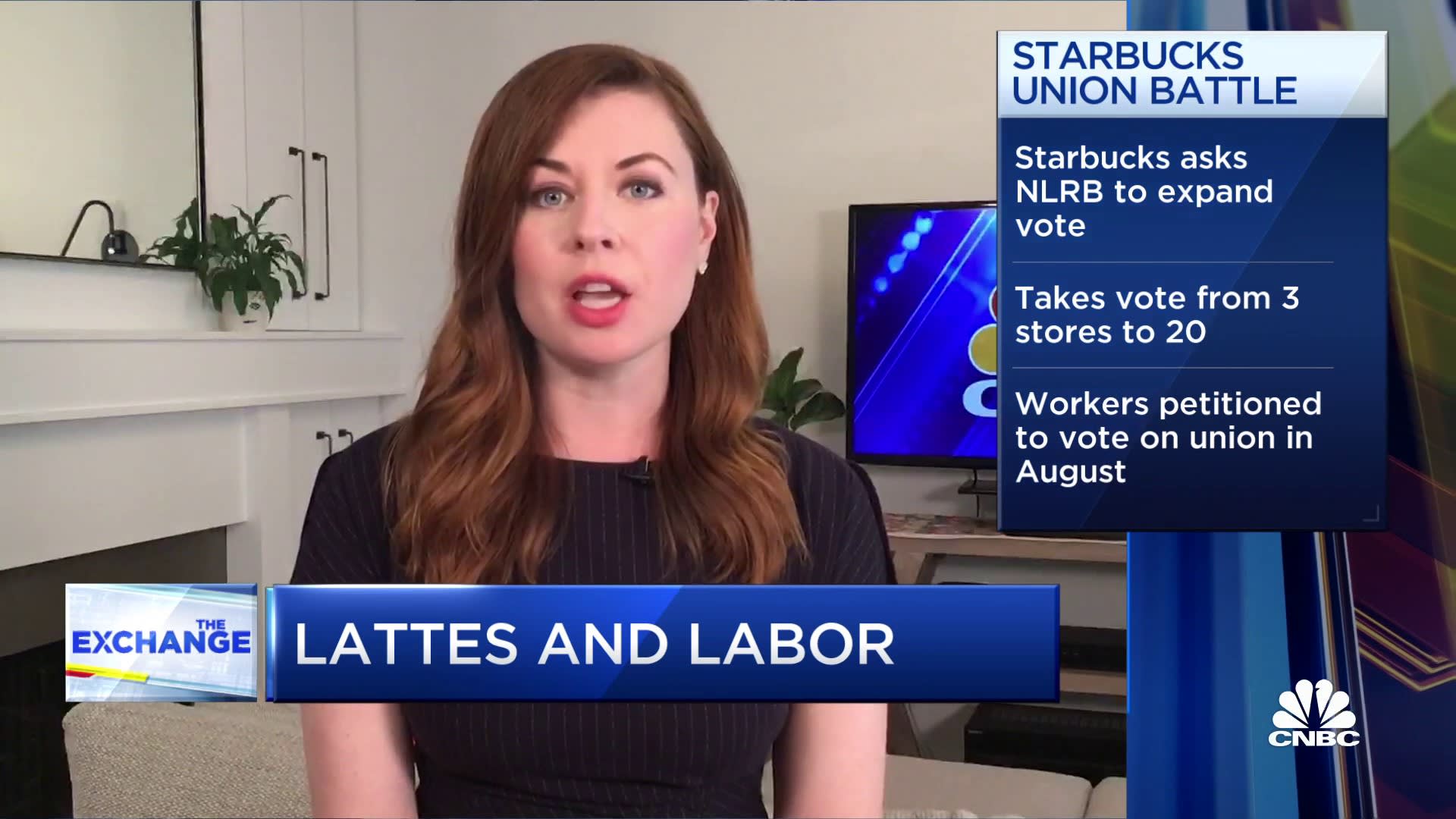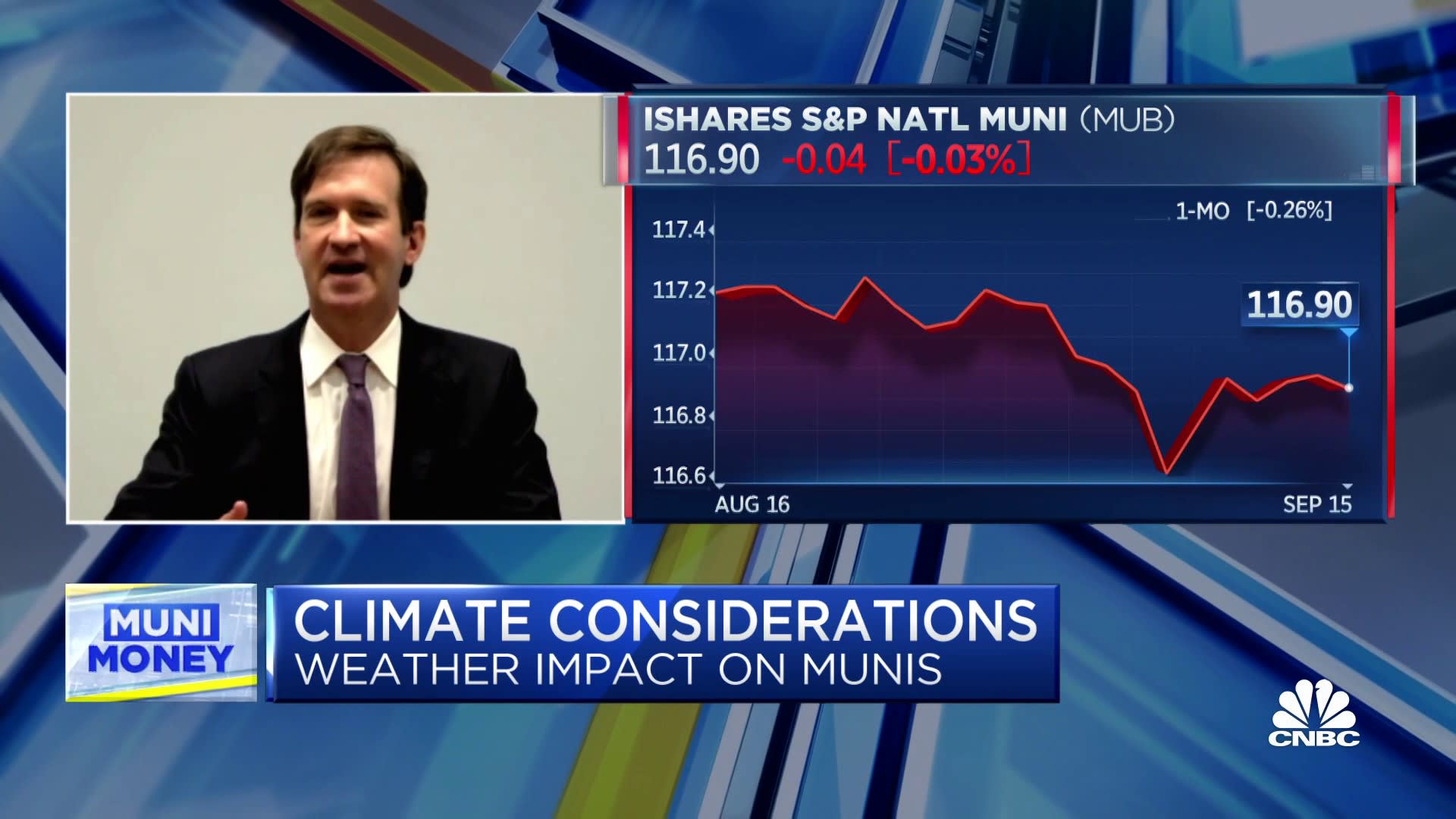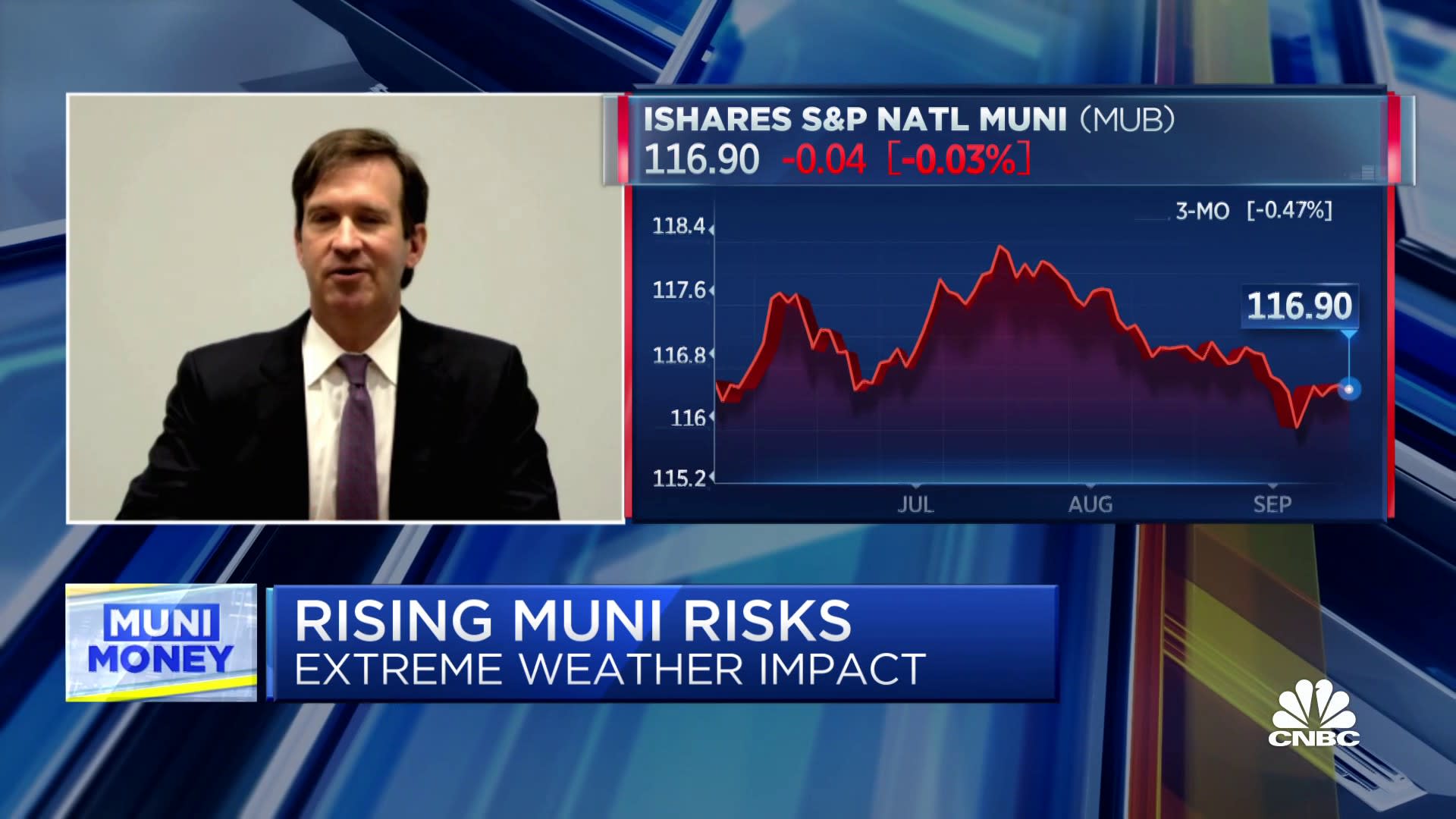Where will Xi strike next?
EDITOR'S NOTE
To briefly summarize our chat about China's ongoing crackdown yesterday, (1) expect it to last into next year, and (2) luxury makers and/or those dependent on non-bank financing could be next.
To even more briefly summarize it, I asked Safanad's John Rutledge what his advice would be to investors wondering if they should further divest from China exposure right now. "Get rid of it, is the simple answer," he said. "This is going to get worse...and we're going to see more." The reason, he said, is Xi Jinping consolidating power and shoring up popular support ahead of next year's party congress where he is expected to be the first leader since Mao to secure a third five-year term.
Ray Dalio is correct, said Rutledge, that investors will have to deal with China constructively in the long run. "But China is just a very, very hostile environment right now...what do we want to own there? Actually nothing, at the moment, but I especially don't want to own luxury," he said.
I asked Derek Scissors, of AEI, whether he thought this crackdown was related to troubles in China's economy or property sector. No, he said--"it's political. The only way you link data concerns with tech companies with Macau gaming is that you're attacking other members of the Communist Party and what they do with their wealth. It looks political and aimed at the rest of the party."
That's also partly why, said Scissors, the Chinese leadership wants to consolidate financial activity through its own banks as opposed to the non-bank "shadow" financial system. "For investors," he said, "they have to follow who needs that money. Are we exposed to anyone who gets a lot of their financing outside the state banking system, because those people could see their financing dry up."
And in fact, the IPO market has been another way Chinese companies have worked around the traditional banking system for capital, Rutledge added. With both Chinese and U.S. authorities clamping down on disclosure and listing requirements for such companies, "you can kill...the working capital for the private small- and medium-sized companies," he said.
Still, neither one of them thinks this will hurt China's economy beyond the very near term. In fact, China's big tech companies--one of the first areas to experience this crackdown--could also be one of the first beneficiaries once things relax, said Scissors. Once Xi Jinping is ready to ease up, "he'll pick what's important to ease up on, and tech would be important because it's so key to China's development."
Which goes back to what we were talking about a few weeks ago--is a company like Alibaba really going away? And if not, and it more or less becomes a state-sanctioned utility, that's exactly the kind of thing investors love. Maybe your upside is capped, but so is your downside, and the growth and cash flows are pretty reliable.
"There's a bad year coming up," said Scissors, "but I don't think Xi thinks this is a permanent change where finance and these various sectors of the economy are going to be repressed indefinitely." That said, it may help explain why the KWEB, the China internet ETF, which has fallen by more than 50% since February, is still struggling to get a lift.
See you at 1 p.m!
Kelly

KEY STORIES
IN CASE YOU MISSED IT
| ||||||||||||||||||||||||||||||||||||||||||||||||||||||||||||||||||||||||||||||||||||||||||||||||||||||||||||||||||||||||||||||||||||||||||||||||||||||||||||||||||||||||||||||||||||||








Post a Comment